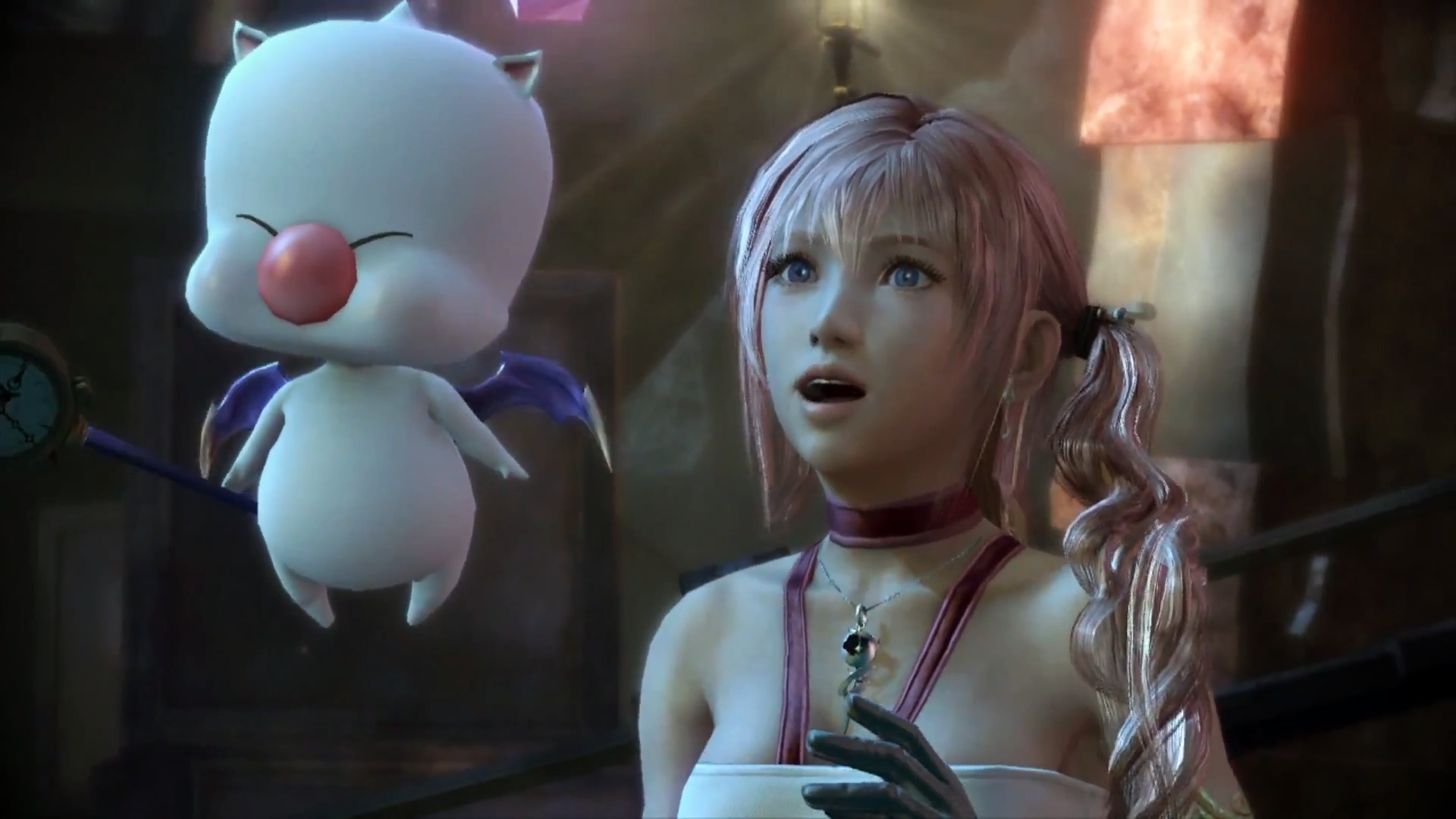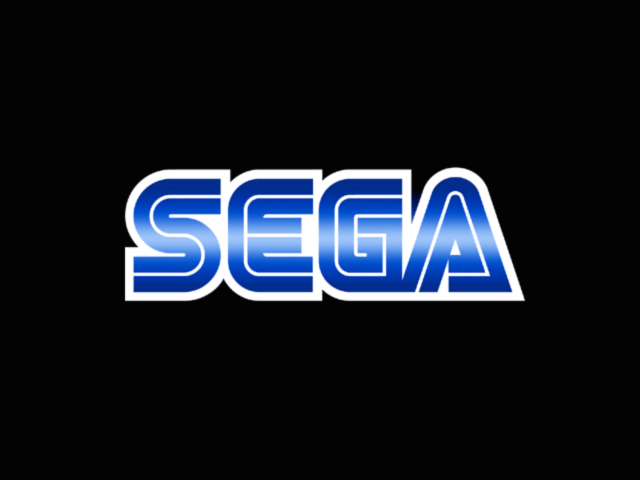Nintendo have made some bold announcements regarding the future of the Wii U, a console that, by the company’s own admission, suffered through a “black hole” in 2013.
The most notable announcement from the company is that its entire executive board will take a significant pay cut. Company CEO Satoru Iwata will take a 50% cut, while other high-ranking executives, including Shigeru Miyamoto, will take a 30% cut.
Surprisingly, the company did report a modest ¥10.2 billion profit (approximately AU$114.1 million) for the previous nine months, however it’s unlikely this will save the company from its third fiscal year loss in a row. Better news came in the form of 3DS sales, which were at 12.7 million over the period, with 5 million sold in Japan alone.
The Wii U, on the other hand, has not done so well. The system shipped just 2.8 million units in the period, less than what either the PS4 and XBox One shipped in the month or so they were available until the end of 2013. It’s also slightly down from the 3.06 million units it moved the previous period.
One big surprise to come out of Nintendo today is the news it may be willing to license its intellectual property out to others. While Nintendo is no stranger to licensing, it’s always been extremely strict, and everything has been done on its terms. These news deals may allow Nintendo properties to appear on non-Nintendo hardware. Nintendo already does this on a limited scale in the arcades, but this is more likely geared towards the lucrative mobile gaming market. The company is also planning to release “service apps” for mobile phones.
The company also announced that it will be bringing DS games to the Wii U virtual console, and a release date for the long-awaited Mario Kart 8, which we can expect in May 2014. The company also plans a revamped marketing strategy to sell the Wii U, emphasising its unique gamepad controller and making it a lot clearer that this is a new system, and that the gamepad is not just an accessory for the Wii.
Nintendo also announced long-term future plans, including plans for a health-focused device sometime in 2016. Iwata didn’t go into any details on what this device actually is, however it’s possible that it’s an evolution of the ideas encapsulated in the never-released vitality sensor accessory for the original Wii.
For full coverage of the Nintendo announcements, visit the Wall Street Journal’s liveblog.





